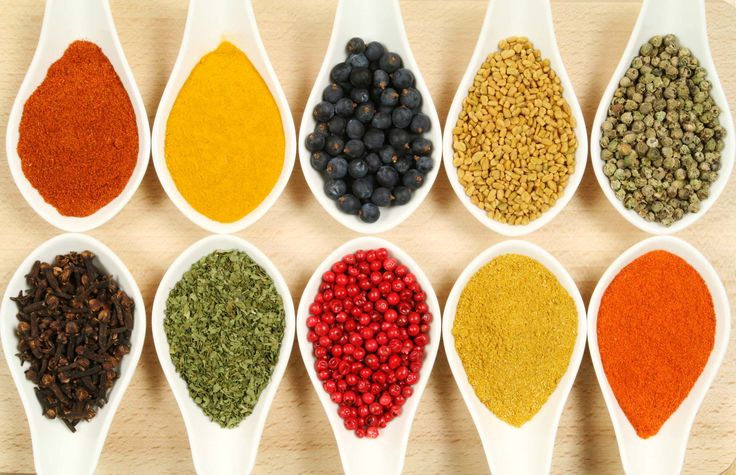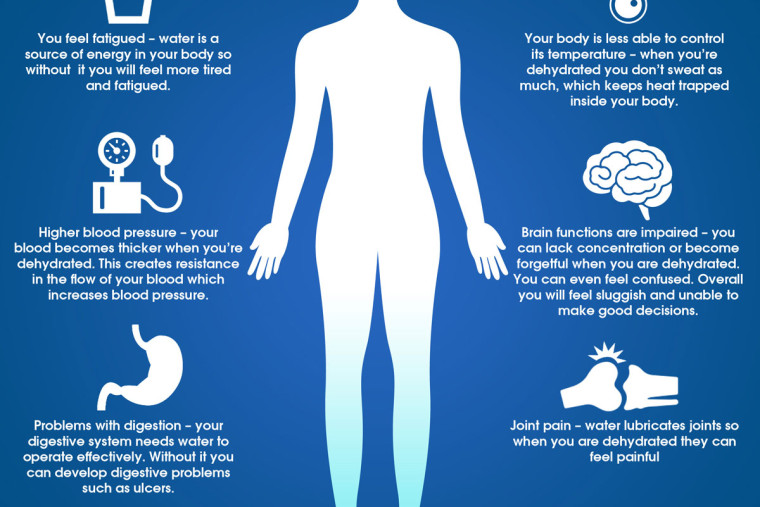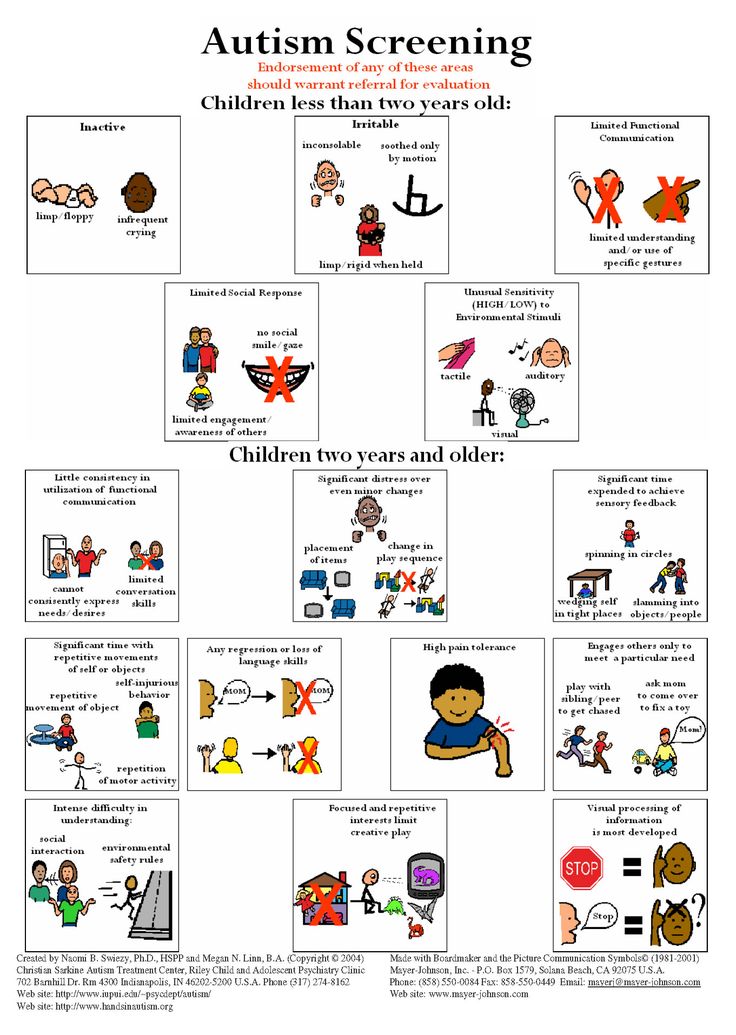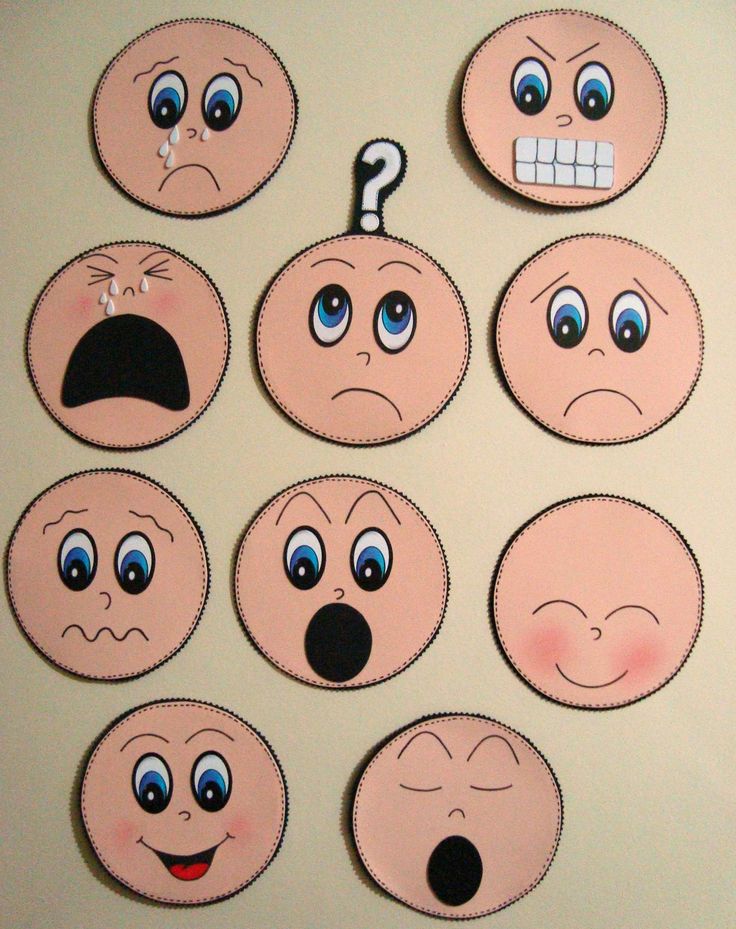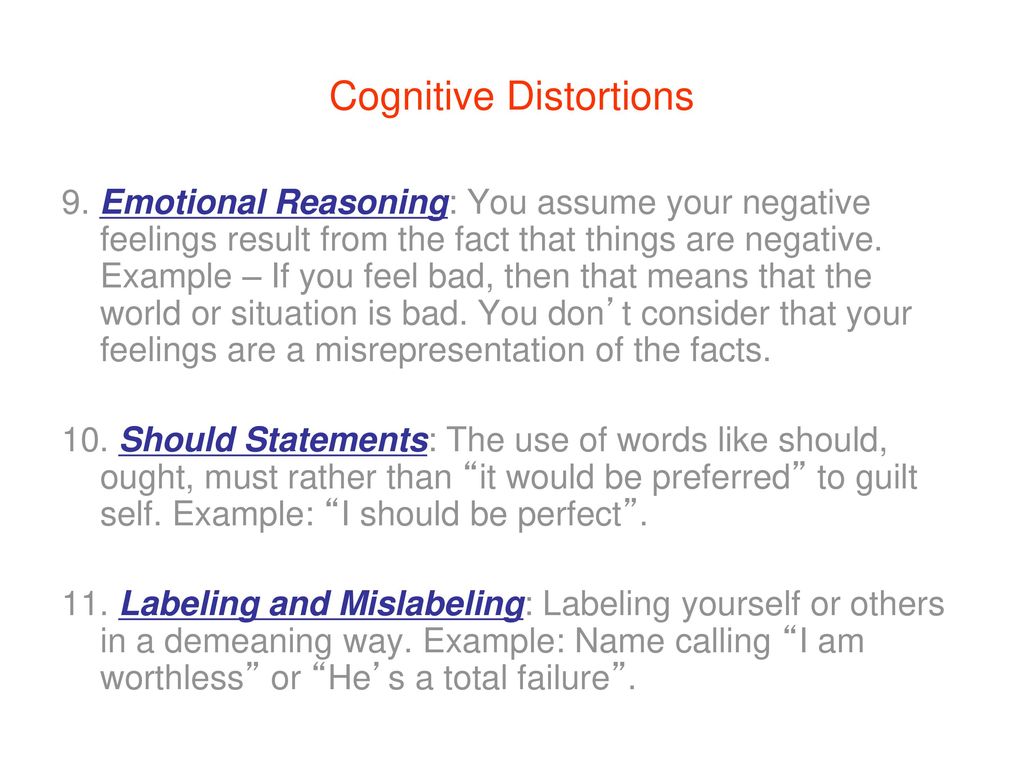Natural antidepressants food
Foods That Have Antidepressant Effects
Good nutrition is associated with improved mood. The relationship between diet and risk of developing depressed mood is probably multi-factorial. Research supports that deficiencies of select nutrients are associated with increased risk of depressed mood, including certain B vitamins, omega-3 fatty acids, vitamin D, zinc, and magnesium.
Foods rich in B-vitamins, especially folate, pyridoxine (B-6), and methyl-cobalamin (B-12) may be especially effective against depressed mood. Foods rich in B-vitamins include whole grains and dark green leafy vegetables. The B vitamins are enzyme co-factors that facilitate the synthesis of neurotransmitters implicated in mood regulation such as serotonin, dopamine, and norepinephrine.
Nutrients enhance mood through a variety of mechanisms.
Some nutrients such as zinc, magnesium and omega-3 fatty acids may promote increased the synthesis of brain-derived neurotropic factor (BDNF) which enhances neuroplasticity, resulting in greater resilience of the brain in the face of stress, which may lead to a reduced risk of depressed mood. Omega-3s and some B vitamins are known to have important anti-inflammatory and neuroprotective roles, which may also contribute to their antidepressant benefits.
More broadly, there is emerging evidence that the microbiome—which consists of microorganisms that populate the large and small intestines—may contribute to general physical and mental health through a variety of mechanisms, some of which may impact neurotransmitters and inflammatory molecules implicated in mood regulation.
The Mediterranean diet and other traditional diets are associated with reduced risk of depressed mood.
Epidemiologic studies show that individuals who consume whole foods (as opposed to processed foods and fast food diets) have reduced risk of developing the depressed mood. For example, individuals who closely adhere to a Mediterranean diet, as well as traditional diets in Norway, Japan, and China, which are rich in vegetables and fish, have a 30% lower risk of developing depressed mood than those with the lowest rate of adherence to a Mediterranean diet.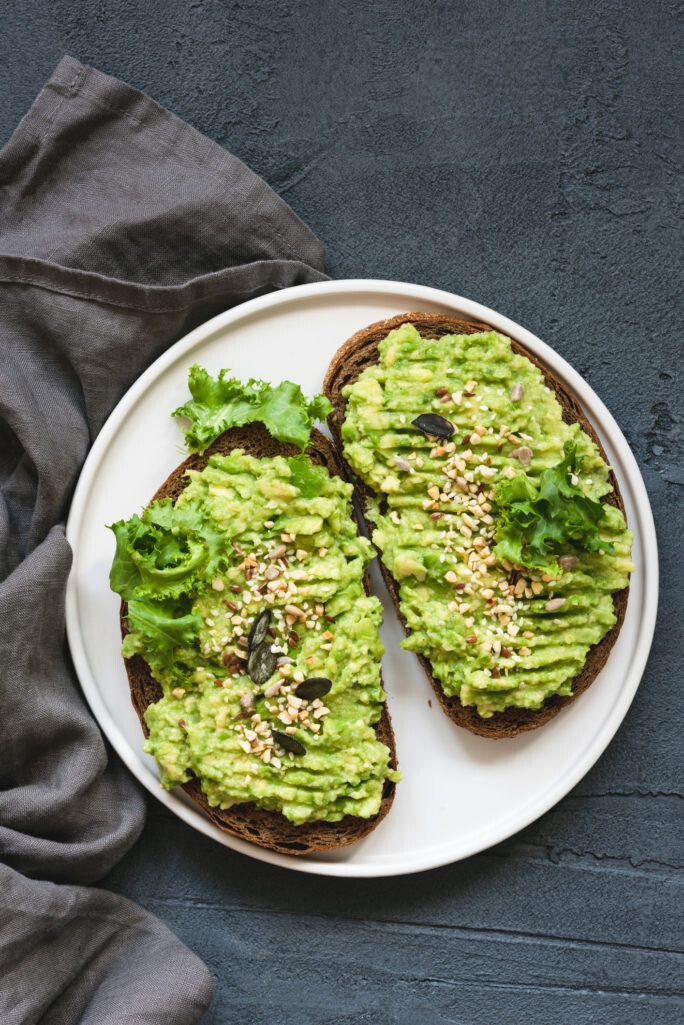
Food preferences influencing fatty acid consumption may be directly related to different rates of depressed mood when industrialized countries are compared to more traditional cultures. There is an inverse correlation between the risk of depressed mood and fish oil consumption. Countries where fish is an important part of the average diet are characterized by significantly lower rates of depressed mood and suicidality. For example, in Japan, where fish consumption is very high, only 0.12% of the population experiences depressed mood in a given year. In contrast, New Zealanders, who consume relatively little fish, report a 6% annual rate of depression.
Seafood and cruciferous vegetables have the highest 'antidepressant food scores.'
A 2018 systematic review identified 12 essential nutrients that met criteria for antidepressant efficacy: folate, iron, long-chain omega-3 fatty acids (EPA, DHA), magnesium, potassium, selenium, thiamine, vitamin A, vitamin B6, vitamin B12, vitamin C, and zinc (LaChance and Ramsey 2018).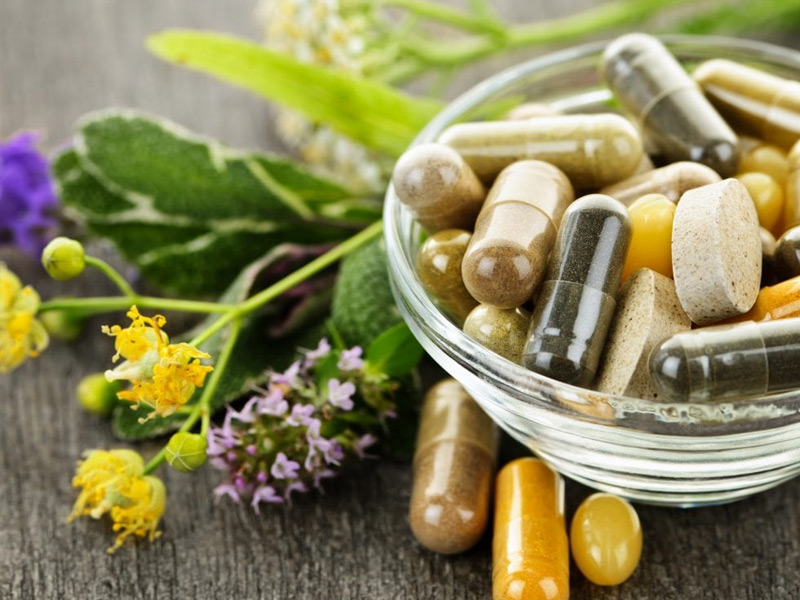 Using an FDA database, the authors then identified foods with the highest content of at least one of these nutrients.
Using an FDA database, the authors then identified foods with the highest content of at least one of these nutrients.
Foods with the highest ‘antidepressant food scores’ (AFS) were bivalves such as oysters and mussels, other seafood, organ meats, leafy greens, lettuces, peppers, and cruciferous vegetables such as broccoli, cauliflower, cabbage, kale, and Brussels sprouts. It is significant that while the Mediterranean diet and other traditional diets emphasize the above foods, the average American diet is relatively deficient in nutrient-dense foods that may have significant antidepressant benefits.
Findings of a randomized controlled trial show antidepressant benefits of dietary choices.
Findings of a 12-week single-blind controlled trial of 67 individuals with depressed mood symptoms ranging from mild to severe were randomized to a diet support group versus a social support group (Jacka et al 2017). Individuals in the diet support group received seven individual one-hour sessions and were encouraged to follow diets rich in whole grains, vegetables, fruits, legumes, and low-fat dairy foods. They ate more raw unsalted nuts, fish, lean red meats, eggs, and olive oil while reducing intake of sweets, refined cereals, fried foods, processed foods, and sugary drinks.
They ate more raw unsalted nuts, fish, lean red meats, eggs, and olive oil while reducing intake of sweets, refined cereals, fried foods, processed foods, and sugary drinks.
Individuals in a control group received the same number of sessions, during which they discussed neutral topics of interest, but they didn't receive psychotherapy, lifestyle advice, or other interventions. Individuals in the diet support group demonstrated significantly greater improvement in depressed mood scores based on standardized outcome measures compared to those in the social support group. Large prospective studies are needed to confirm these findings and determine which dietary choices have optimal antidepressant effects.
Bottom line
Individuals struggling with depressed mood should be encouraged to optimize their diet to ensure adequate consumption of whole foods rich in nutrients that enhance brain function and have antidepressant effects.
Recent studies show that foods with the highest antidepressant benefits include oysters and mussels, other seafood, lean organ meats, leafy greens, lettuce, peppers, and cruciferous vegetables such as broccoli, cauliflower, cabbage, kale, and Brussels sprouts.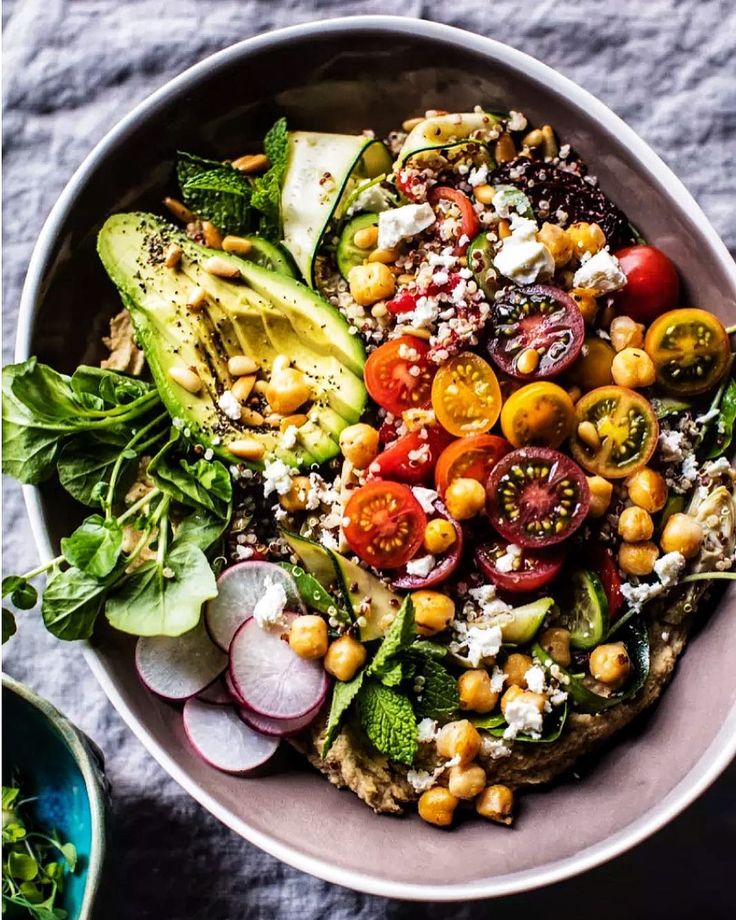
Individuals who prefer not to modify their diets with whole foods should be encouraged to take vitamins, minerals or other supplements are known to have antidepressant effects such as omega-3s, B vitamins, vitamin D, and magnesium.
4 Natural Antidepressants Found in Foods
By Pamela JohnsonUpdated: Aug. 06, 2019
Increasing your intake of certain key nutrients may help prevent depression, ease symptoms, or improve the effectiveness of antidepressant medications. Here are the four best natural antidepressants found in foods.
1 / 4
Foods Rich in Omega-3s: The Best Natural Antidepressants
In countries where fish consumption is high, such as Japan, Taiwan, and Finland, rates of depression tend to be low. Conversely, in areas where fish consumption is low, like North America and Europe, depression rates are much higher – as much as 10 times higher. Women who rarely eat fish have more than twice the risk of developing depression compared to those who dine on “fin food” often.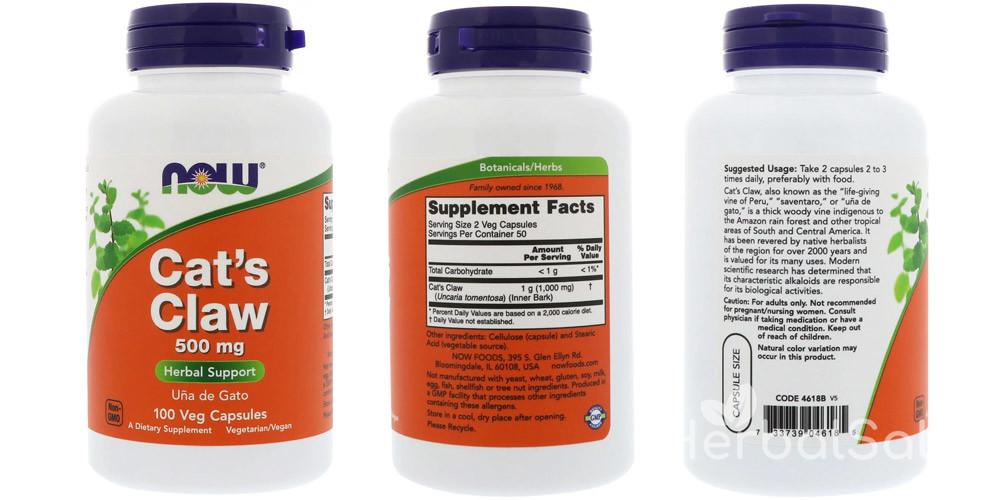 Recent studies suggest foods rich in omega-3 are considered one of the best natural antidepressants.
Recent studies suggest foods rich in omega-3 are considered one of the best natural antidepressants.
Aim for: Although it’s nearly impossible to consume enough omega-3s to treat depression through food alone (you’ll need between 1 and 3 grams of omega-3s a day to lift your mood), eating more fish, such as sardines, may help prevent depression in the first place. Start by eating at least two fish meals a week. If you don’t like fish, add a teaspoon (5 millilitres) of ground flaxseed, another good source of omega-3s, to cereal, yogurt, or salads every day.
2 / 4
The Best Natural Antidepressants: Foods High in B Vitamins
Most research has focused on folate (or folic acid), B6, and B12 because these vitamins are often in short supply among people with depression. Foods high in B vitamins could be one of the best natural antidepressants.
Harvard researchers found that between 15 and 38 percent of people with depression are folate-deficient.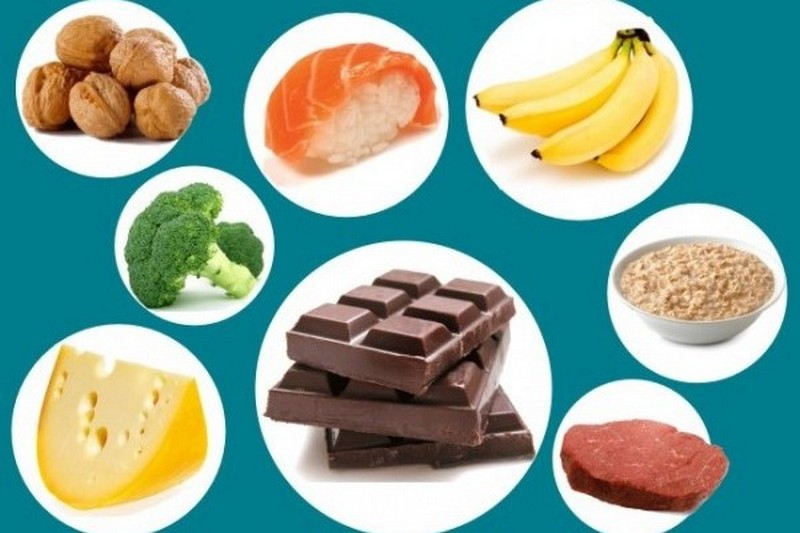 While it’s uncertain whether this causes depression, we do know that lack of folate can delay symptom relief from antidepressants.
While it’s uncertain whether this causes depression, we do know that lack of folate can delay symptom relief from antidepressants.
Women who take birth control pills or hormone replacement drugs can also be low in B6 (possibly why women’s depression rates are twice than those of men). Also, B12-deficiencies are common among vegans who don’t eat animal proteins. Studies have yet to prove whether B vitamins can prevent or treat depression, though it’s believed that it generally benefits brain health.
Aim for: Vitamin B6: 1.3 to 1.5 mg daily. A serving (100 gr/3.5 oz) of tuna or a cup of chickpeas will mostly do the trick. Buckwheat flour is another good source. Vitamin B12: 2.4 mcg daily. You can easily get from a serving of beef or eggs. Folate: 400 mcg daily. A cup of cooked lentils is almost enough, as is a cup of cooked spinach with a glass of orange juice. Asparagus and avocado are also good sources.
3 / 4
Amino Acids To Fight Depression?
Tryptophan is critical to production of the neurotransmitter serotonin, which regulates mood.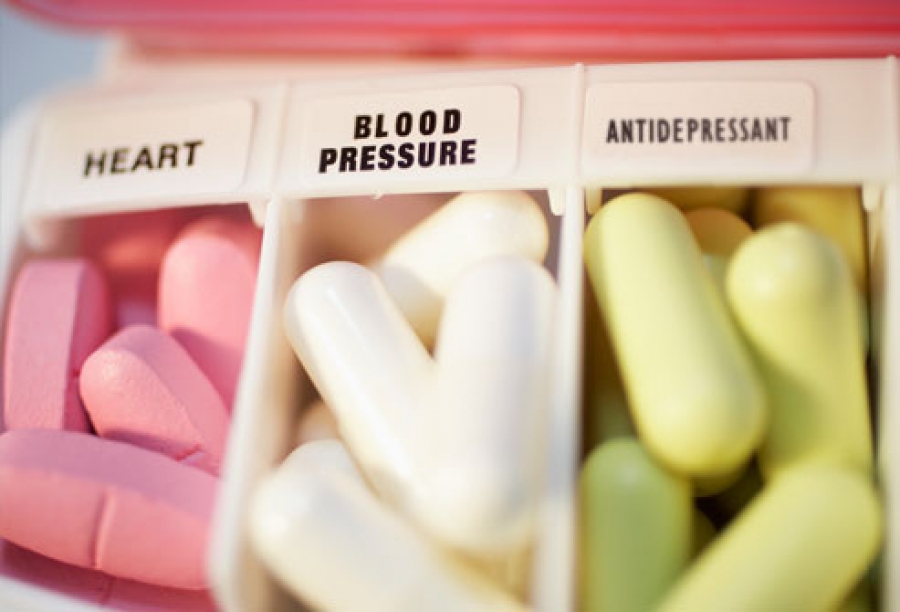 British researchers found that taking 1,000 mg of tryptophan three times a day helped improve mood. This could make amino-acids one of the best natural antidepressants one can find in foods.
British researchers found that taking 1,000 mg of tryptophan three times a day helped improve mood. This could make amino-acids one of the best natural antidepressants one can find in foods.
Aim for: It’s not possible to get as much tryptophan as the British researchers used in their study from food alone, so simply aim to include more tryptophan-rich foods (like peanuts, fish, milk, dates, and even chocolate) in your diet. You can also help your body make its own tryptophan by eating more meats and soy protein (a good source of the amino acid).
Helpful hint: Gobble up some turkey. Not only is it a good source of tryptophan, but it also contains those brain-critical B vitamins along with good amounts of iron, selenium, and zinc, other nutrients being studied for their connection to alleviating depression.
4 / 4
Natural Antidepressants found in Foods: Complex Carbohydrates
Carbohydrates indirectly help make serotonin. Simple carbohydrates like sugary and starchy foods and those made with white flour boost serotonin levels, too, which is why we instinctively reach for them when we’re feeling blue. But these foods cause blood sugar to rise quickly and then fall quickly. When blood sugar levels fall, so do our moods. Wild swings in blood sugar that come from eating too many of these foods stress the adrenal glands, which in turn leads to fatigue and depression.
But these foods cause blood sugar to rise quickly and then fall quickly. When blood sugar levels fall, so do our moods. Wild swings in blood sugar that come from eating too many of these foods stress the adrenal glands, which in turn leads to fatigue and depression.
By contrast, complex carbs, like those found in whole-grain products (breads, rice, and pasta), fruits, vegetables, and legumes, boost and sustain serotonin without spiking blood sugar.
Aim for: 7 to 10 servings of fruits and vegetables a day. In addition, make at least three of your grain servings whole grains. Eating a bowl of high-fibre cereal in the morning and making your sandwich for lunch with two slices of whole-grain bread will get you there.
Originally Published: October 23, 2015
Antidepressant products. Natural antidepressants in products, products for depression and anxiety
Depression is the leading cause of disability worldwide, affecting more than 300 million people each year. While treatment for depression can be long and multifaceted, there are several steps you can take to improve your mood naturally, including eating antidepressant products.
While treatment for depression can be long and multifaceted, there are several steps you can take to improve your mood naturally, including eating antidepressant products.
Diet and nutrition play a critical role in managing well-being and increasing energy. The best foods for depression include foods that are easily available and those that you already have in your kitchen.
Antidepressant products
Leafy greens
Spinach and depression may seem like an odd combination, but leafy greens like spinach and iceberg lettuce have numerous benefits that support both physical and mental health.
Leafy greens contain folic acid, an important nutrient for healthy digestion and cardiovascular health. Most doctors recommend that pregnant women take folic acid throughout their pregnancy to reduce the risk of birth defects. In addition, greens fight toxins, nourish the intestines and produce enzymes.
Blueberry
Blueberry is a natural antidepressant product that tastes amazing.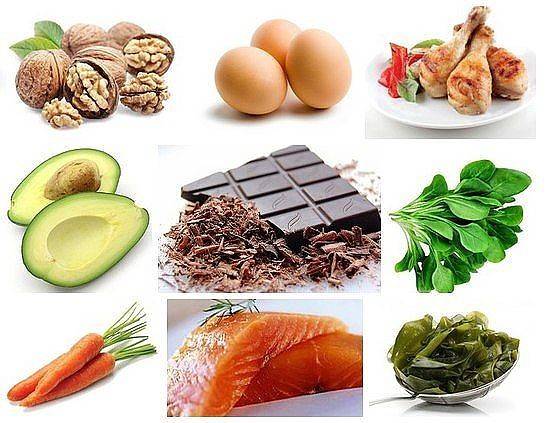 It turns out that these tiny berries are full of antioxidants. Antioxidants protect the body from free radicals that damage cells. They also normalize cholesterol levels, lower blood pressure, prevent heart disease, and even improve brain cognition.
It turns out that these tiny berries are full of antioxidants. Antioxidants protect the body from free radicals that damage cells. They also normalize cholesterol levels, lower blood pressure, prevent heart disease, and even improve brain cognition.
Blueberries have the same effect as valproic acid, a drug that stabilizes mood and regulates emotions.
Blueberries contain an antioxidant associated with a reduced risk of depression. Finally, the berry contains vitamin C, which is useful in reducing the negative effects of stress.
Oysters
Oysters contain many important substances and minerals that provide health benefits. They contain a large number of macro- and microelements: protein, a group of vitamins B12 and D, copper, manganese and selenium. They are also rich in antioxidants and omega-3s.
Another component is zinc, which makes the body stronger and can be a powerful weapon for proper development and growth. Thanks to him, oysters are a useful asset for emotional health.
Bananas
Bananas are a tasty and convenient snack, as well as antidepressant fruits. This is because they contain serotonin, an important neurotransmitter that balances mood and daily activities. Most antidepressants and medications work by increasing the level of serotonin in the brain.
In addition, bananas are rich in fiber and are a source of vitamin C and potassium, which improve nerve and muscle health.
Walnuts
Walnuts have higher antioxidant activity and contain significantly more omega-3s than any other nut.
In addition, walnuts reduce stress and depression. It also promotes a healthy gut, which improves immune status and enhances physical energy.
Sweet Potato
This potato contains many nutrients, including high levels of vitamin A, beta-carotene and fiber. They stop the growth of food-borne bacteria that harm the body.
Sweet potatoes are rich in magnesium, which reduces stress and anxiety.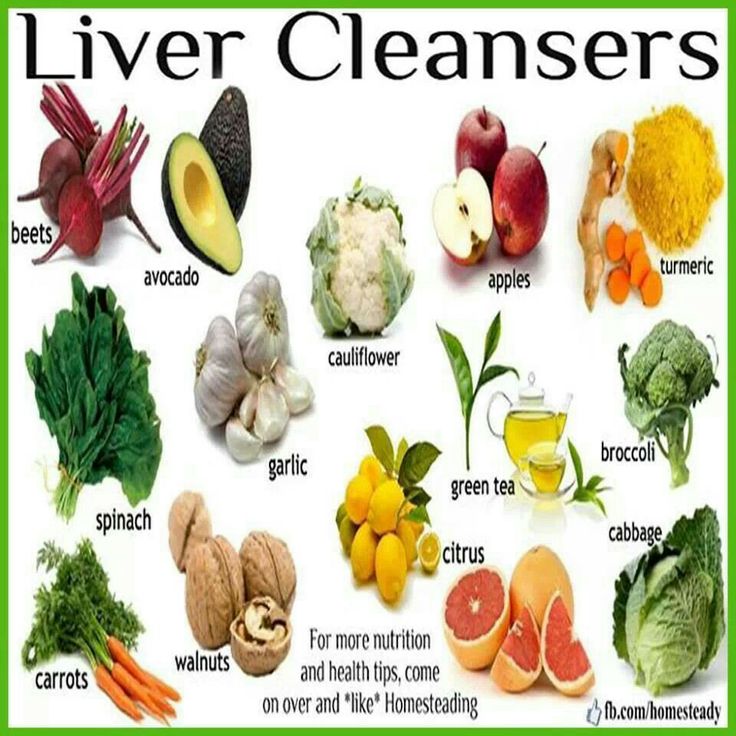 Studies show that magnesium deficiency leads to more frequent symptoms of depression and is associated with insomnia. Because sleep problems and depression and anxiety can be linked, it's important to make sure you're getting enough magnesium in your daily diet.
Studies show that magnesium deficiency leads to more frequent symptoms of depression and is associated with insomnia. Because sleep problems and depression and anxiety can be linked, it's important to make sure you're getting enough magnesium in your daily diet.
Poultry
Chicken and turkey are excellent sources of lean protein that stabilizes glycemic levels, keeping you in a good mood throughout the day. It is known that turkey and chicken breasts are not only sources of lean protein, but also contain a large amount of tryptophan. It produces serotonin, which supports healthy sleep and a balanced mood.
Brazil nuts
Brazil nuts are full of selenium, which improves mood. This mineral also maintains a healthy antioxidant balance for overall health and well-being. Eat Brazil nuts in moderation; their selenium levels are so high that consuming too much leads to an excess of the recommended daily intake.
Salmon
Salmon is one of the most nutritious foods in the world.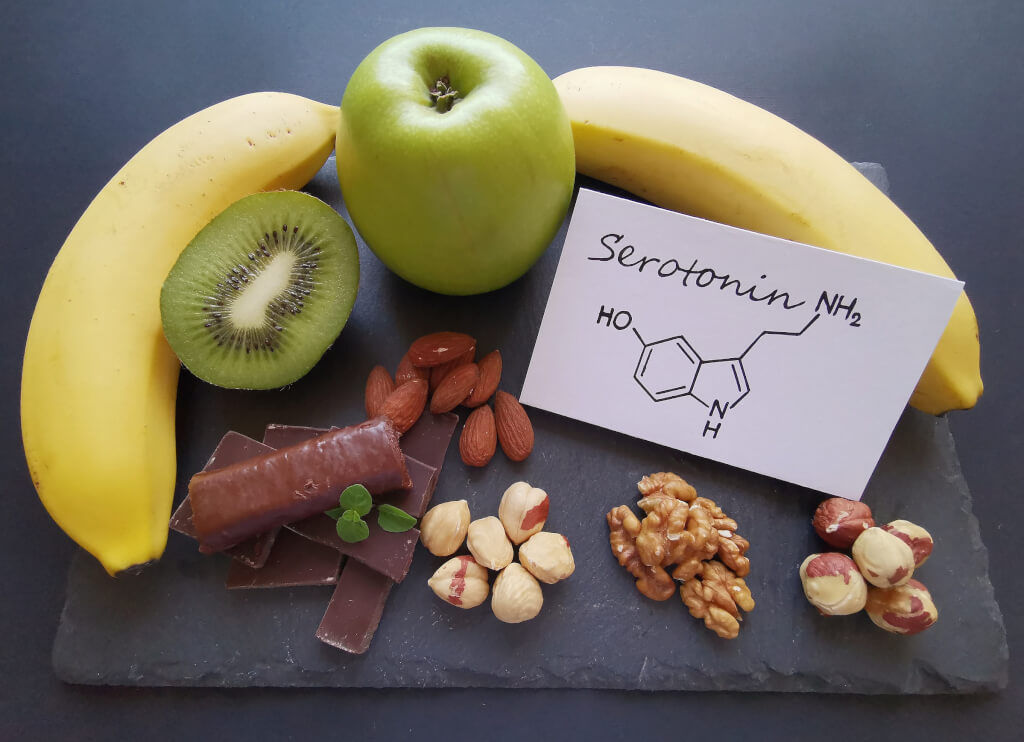 Salmon is rich in omega-3 fatty acids, which are beneficial in reducing the risk of cancer and lowering blood pressure. Salmon contains an impressive amount of protein (22-25 grams per serving), making it a satisfying, low-fat meal.
Salmon is rich in omega-3 fatty acids, which are beneficial in reducing the risk of cancer and lowering blood pressure. Salmon contains an impressive amount of protein (22-25 grams per serving), making it a satisfying, low-fat meal.
This fish contains the antioxidant astaxanthin, which protects the brain and nervous system. Astaxanthin also prevents the symptom of skin damage and promotes youthfulness.
Finally, salmon fights inflammation hard. Scientific research and treatments for depression continue to show higher rates between increased inflammation and increased risk of depression. This fact is due to the fact that inflammation causes many serious diseases, such as heart disease, cancer and diabetes. Any of these increase the risk of depression.
Dark chocolate
Dark chocolate helps in the treatment of depression and improves well-being. A chocolate bar that contains 70-85% cocoa contains 11 grams of fiber, 89% RDA for copper, 98% manganese, and 67% iron.
Dark chocolate also has an exceptional level of antioxidant activity. Some studies show that the cocoa content is even higher than that of fruits. Like other healthy foods, it improves brain function, protects the skin from the harmful effects of sunlight and reduces the risk of heart disease.
Seeds
Flaxseed and chia seeds are a great addition to your diet when fighting depression. As with some of the other foods mentioned, these two types of seeds are particularly good sources of omega-3 fats. Just 1 tablespoon of chia seeds provides 61% of the recommended daily allowance of omega-3s, while a tablespoon of flaxseed provides 39% Daily Value.
Pumpkin seeds are a great way to increase tryptophan levels. Tryptophan is an essential amino acid that helps produce serotonin.
Legumes
Beans and peas are excellent sources of many nutrients, including fiber, vitamins and protein.
People who eat legumes regularly are less likely to have strokes, heart attacks, and other cardiovascular diseases.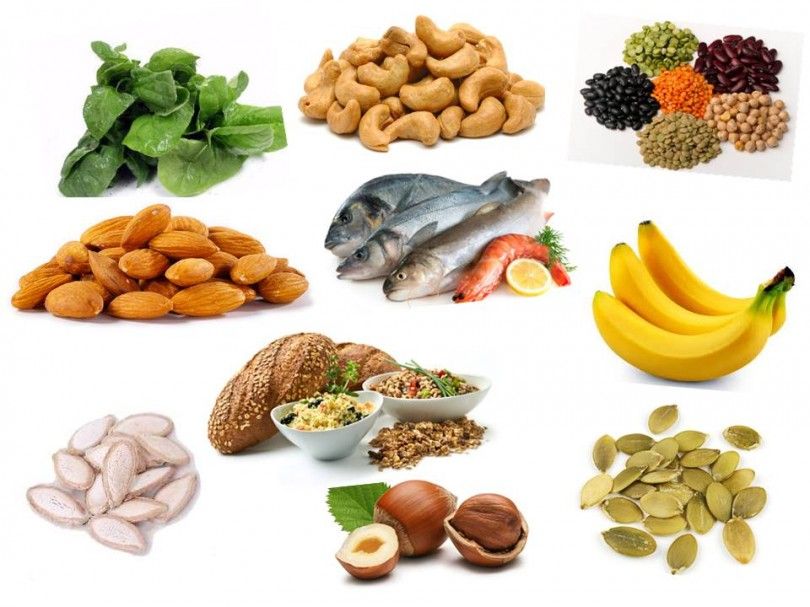 They have lower rates of cancer, diabetes, and liver-related problems.
They have lower rates of cancer, diabetes, and liver-related problems.
Beans are great for controlling appetite. This is because it is rich in fiber and healthy starches, which create a feeling of satiety and prevent food cravings.
Fermented foods
Several studies have shown that gut micro-organisms, including probiotics, play a key role in mood regulation, producing feel-good neurotransmitters and influencing the stress response.
This may be why more people with irritable bowel syndrome develop depression and anxiety.
Products containing probiotics include:
- Kimchi
- Kombucha (kombucha)
- Miso
- Sauerkraut
- Tofu
- Yogurt and kefir
Carrots
Carrots get their orange color from beta-carotene, a powerful antioxidant. Studies have shown that people with high levels of antioxidant carotenoids are less likely to have symptoms of depression and depression. Carotenoids occur naturally as bright red, yellow, and orange pigments in fruits and vegetables. Pumpkin, melon, peaches, and sweet potatoes also contain beta-carotene.
Carotenoids occur naturally as bright red, yellow, and orange pigments in fruits and vegetables. Pumpkin, melon, peaches, and sweet potatoes also contain beta-carotene.
Mushrooms
The chemical properties of mushrooms counteract insulin, which lowers blood sugar levels and improves mood. They are also similar to probiotics in that they promote healthy gut bacteria. And since the nerve cells in the gut produce between 80 and 90 percent of serotonin—the critical neurotransmitter that keeps us sane—we can't afford to ignore gut health.
Tomatoes
Tomato is an antidepressant anti-anxiety product. It contains a lot of folic acid and alpha lipoic acid, which are good at fighting depression and anxiety. Folic acid prevents the body from producing excess homocysteine, which limits the production of neurotransmitters such as serotonin, dopamine, and norepinephrine. Alpha lipoic converts glucose into energy and stabilizes mood.
Foods that can make depression worse
Knowing what not to eat is just as important when dealing with depression. Unfortunately, many of these foods are the ones people often turn to when they're having a rough day. Of course, most things in moderation will not cause harm, but knowing the negative mental health effects of certain foods will help you make the right food choices.
Unfortunately, many of these foods are the ones people often turn to when they're having a rough day. Of course, most things in moderation will not cause harm, but knowing the negative mental health effects of certain foods will help you make the right food choices.
Sugar
Sugar affects not only the waist, but also the mood. We have a selection of sugar-filled foods all around us, such as cakes, cookies, sodas, and even condiments like barbecue sauce, salad dressings, and more.
There are many foods that are perceived as "healthy" but contain huge amounts of added sugar. Examples of complex foods like this are muesli bars, energy bars, store-bought yogurts, and packaged juices.
Maintaining an even glycemic level throughout the day will help your mood stay more balanced.
Refined food
The term "refined" refers to forms of sugars and starches that do not exist in nature. Foods like bread, chips, and breaded foods are full of refined carbohydrates that have little to no nutritional value and deprive important B vitamins during digestion.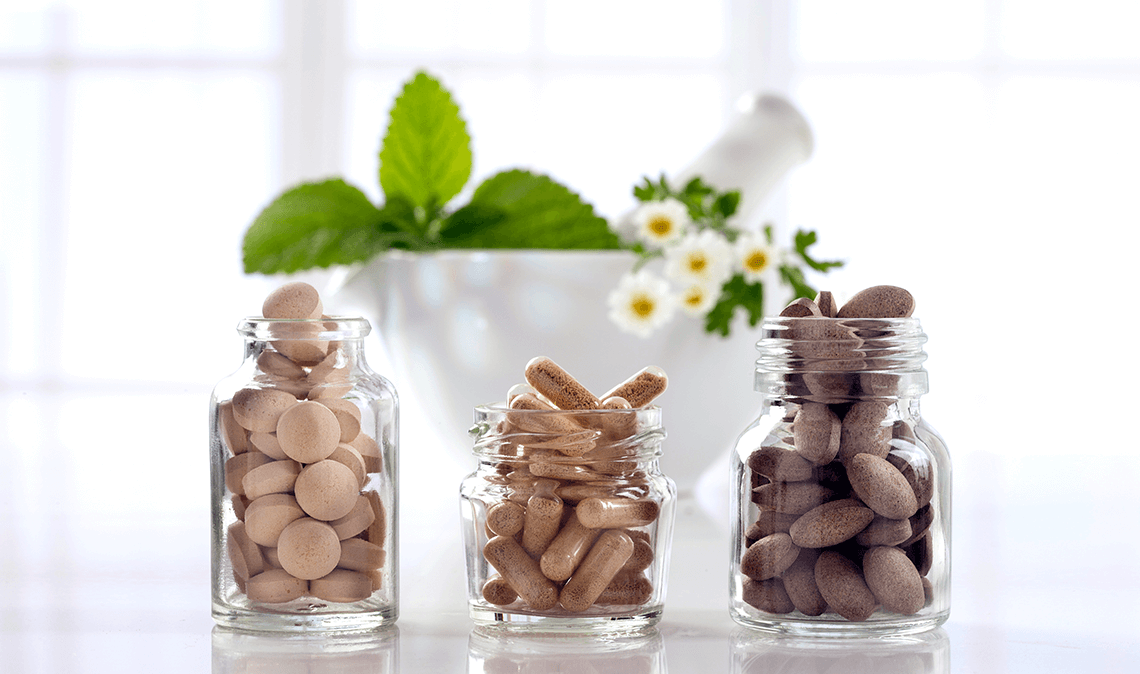
Filling the diet with these refined carbohydrate foods will cause insulin levels to rise dramatically throughout the day, leading to symptoms of low mood and fatigue.
Alcohol
Alcohol is a depressant and worsens reactions. Many alcoholic drinks are quite sweet, which sabotages the mood and causes sugar spikes and drops.
Caffeine
Yes, caffeine can help you start your day well and energized. However, it can also lead to accidents at the end of the day, and the need for more energy to recuperate.
However, moderate amounts of caffeine, two to three cups a day, are associated with a lower risk of suicide.
An alternative to coffee and energy drinks is green tea. In addition to its antioxidant properties, green tea is known to contain theanine, an amino acid with anti-stress effects that is beneficial for people suffering from depression.
Of course, there is no specific food that can prevent or cure a depression or disorder like a medicine, but a healthy diet can help improve your mood.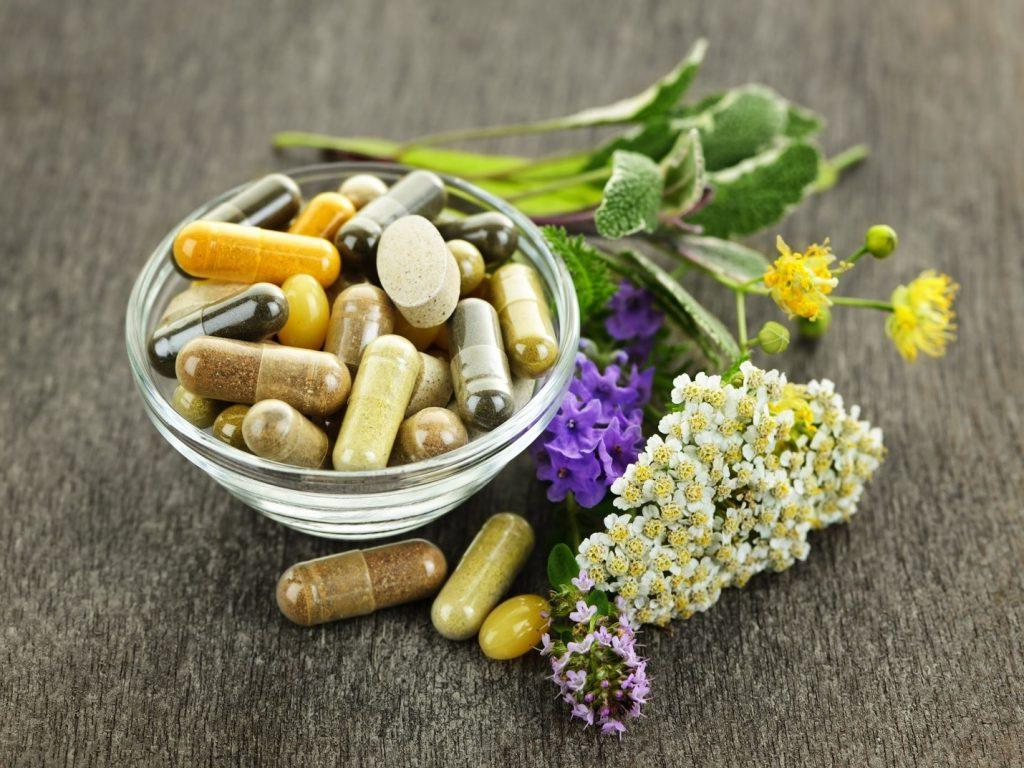 Nutrients in foods support growth, well-being and recovery of the body. Without vitamins, minerals, carbohydrates, proteins, and healthy fats, the body cannot function at its full potential.
Nutrients in foods support growth, well-being and recovery of the body. Without vitamins, minerals, carbohydrates, proteins, and healthy fats, the body cannot function at its full potential.
Read more
Food
food
How to choose the right honey
October 7, 2021
Food
What is churchkhela?
27 January 2022
Food
The healthiest cereals for the human body
26 January 2022
A nutritionist told what foods make a person happier - Moscow 24, 01/18/2022
January 18, 18:57
Society
Photo: depositphotos/bit245
Dietitian, member of the National Association of Dietitians and Nutritionists Marina Makisha told Moscow 24 that bitter chocolate is one of the foods that keeps people in a positive mood.
"Dark bitter chocolate with a cocoa bean content of 75 to 80% is suitable. Scientific studies have shown that it is indeed a natural antidepressant, helps stimulate the production of serotonin and endorphins.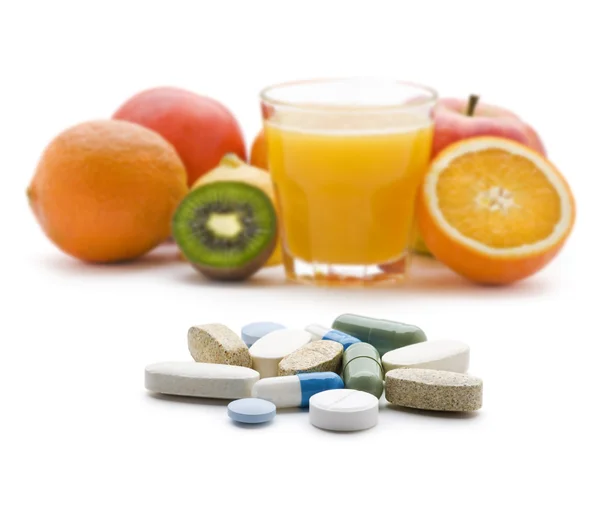 In addition, it has a beneficial effect on the intestinal microflora," the expert explained. in an interview with the Doctor 24 program.
In addition, it has a beneficial effect on the intestinal microflora," the expert explained. in an interview with the Doctor 24 program.
According to her, to create a good mood, it is enough to eat 20-30 grams of treats a day.
A recent study by Australian scientists showed that dark chocolate, due to its antioxidant and polyphenolic properties, helps to normalize the balance of intestinal microflora and through this affects our mood. The microflora directly affects our mood, because 95% of serotonin and other neurotransmitters are produced in the intestines.
Marina Makisha
dietitian, member of the National Association of Dietitians and Nutritionists
Also, to maintain a good intestinal microflora, it is necessary to consume enough fiber, the nutritionist added. First of all, you need to eat leafy greens - spinach, parsley, dill, cilantro, fruits in moderation and dairy products: yogurt, cottage cheese, fermented baked milk.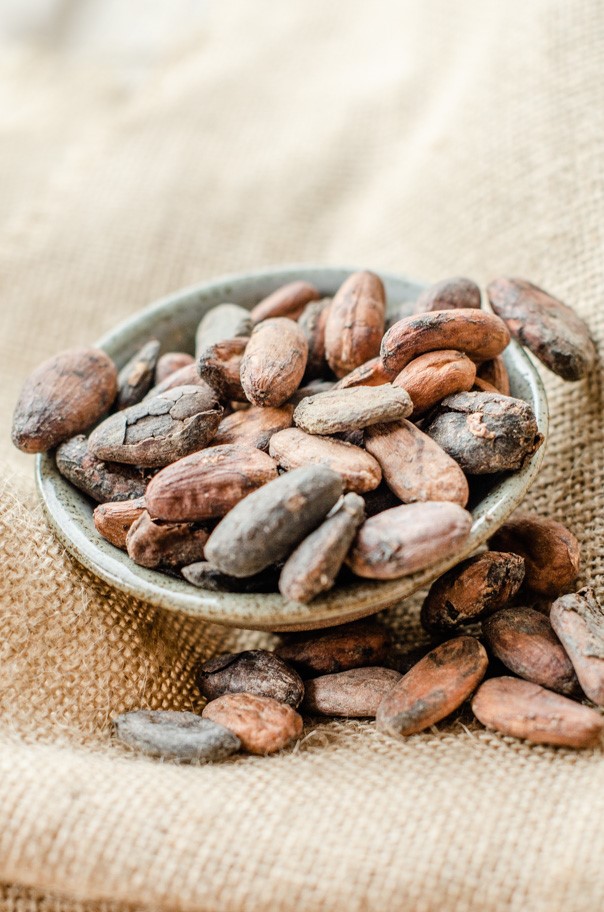
"In case of anger, you can drink tea with chamomile, because it contains apigenin, which also affects our brain, helping to relax and relieve stress. Or buy celery or carrots, cut them into cubes and nibble. The thing is, that when we are angry, we have a certain spasm in the muscles. Active chewing helps us to remove it and discharge a little, "Marina Makisha explained.
"Doctor 24": foods and emotions
According to the expert, foods high in tryptophan, from which serotonin is produced, will help to cope with stress.
An excellent source of tryptophan is turkey breast. Therefore, it can be regularly included in your diet. The second point is a variety of whole grains: oatmeal, buckwheat, quinoa - because they are a good source of magnesium and B vitamins.
Marina Makisha
dietitian, member of the National Association of Dietitians and Nutritionists
To combat fatigue, a nutritionist recommended eating a banana or hummus, especially for those who for some reason refused meat.